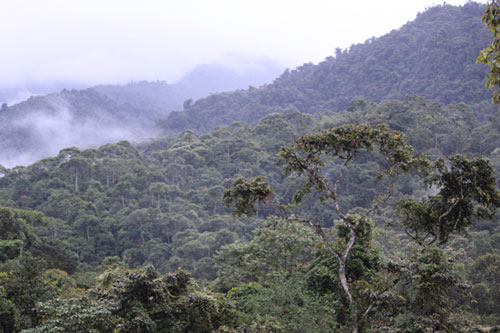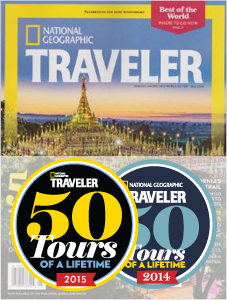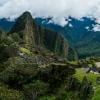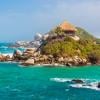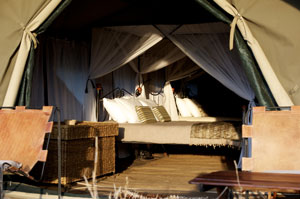
As part of our new Tanzania safari options, we work with Nasikia Luxury Camps to offer our clients an affordable Tanzania Safari that includes all the highlights. Nasikia Camps are mobile and semi-permanent luxury camps situated in the prime wildlife viewing areas of Tanzania. The tents utilize high quality canvas and have comfortable beds and hot showers, allowing you to experience the sights and sounds of Africa while still enjoying comfortable accommodations. There are 2 camp options, Nasikia Luxury Mobile Camp and Nasikia Central Camp.
Inside the tents will be a desk, chair, storage chest (with extra blankets), matting, luggage racks, bedside tables and beds. Travelers can choose from double, single, triple and family tents, each with beds that are fully netted to protect from mosquitoes and insects. Each tent has its own bathroom with running water, a toilet, and a shower. The tents have an extensive solar lighting system as well as a patio area. The camp grounds have a separate lounge tent and dining tent. Chefs prepare delicious bush cuisine using fresh produce from Tanzania. Breakfast is buffet style, lunch at the camp is 2 courses, or a lunchbox for those that will be on game drives, and dinner is 3 courses.
